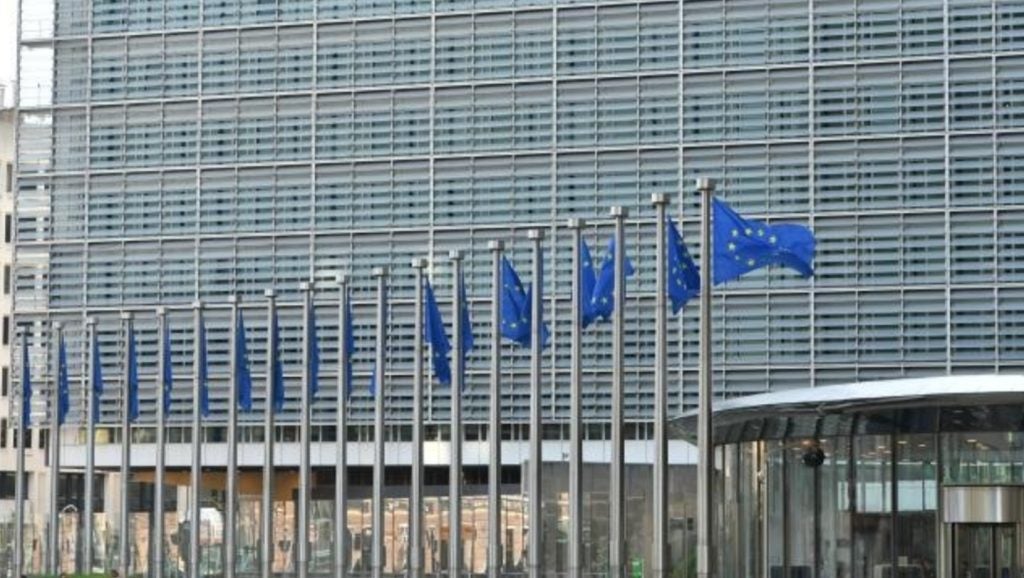
If investment was a poker game, a hand populated with cryptocurrency would not be considered akin to a royal flush in 2022. Indeed, the cryptocurrency market has seen a catastrophic fall since June 2022, from its dizzying heights that saw millionaires seemingly made overnight. Anyone buying at the top of the late-2021 peak might currently be feeling as if they’ve been dealt a pair of twos.
For the betting man or woman, the combination of a falling valuation, numerous horror stories of life savings being frozen in the accounts of crypto companies – such as the Celsius Network, a now bankrupt crypto-lending company – governmental intervention such as China’s ban on crypto mining, and the general volatile and unpredictable nature of the crypto beast, makes an investment into cryptocurrencies less than appealing.
Regardless, following a crash that saw cryptocurrencies lose approximately $1trn in value – a 70% drop from its high in November 2021 – the market cap (total value of cryptocurrency) rose by $280bn in July 2022, hinting that a recovery may be in its early stages. Furthermore, July 2022 saw the longest run of sustained weekly net inflows for tracked crypto assets since March 2022, according to CoinShares, a crypto asset management group.
Alongside this, many experts have refused to classify the crypto market as dead. So why, when the high-risk nature of crypto investing is so baked into the asset class, is crypto still an investment worth considering?
The crypto con?
It is important to note that alongside the fall of cryptocurrency, there has been a colossal crash in the global stock market, with the first half of 2022 representing the worst six-month run in more than 50 years.
Even though cryptocurrencies sit within a decentralised system, the crypto investor is still vulnerable to the same shocks as the traditional stock market: inflation, energy pricing and the Covid-19 pandemic to name but three. Therefore cryptocurrency isn’t much of an outlier to its traditional investment counterpart.

US Tariffs are shifting - will you react or anticipate?
Don’t let policy changes catch you off guard. Stay proactive with real-time data and expert analysis.
By GlobalDataThe key difference with cryptocurrency is a lack of built-up trust, particularly with companies that act like crypto banks. There have been numerous crypto lending companies that have folded and filed for bankruptcy – for example, Japan’s Cred in 2020, and Canada’s Voyager Digital and the aforementioned Celsius Network in 2022 – but not before breaking trust with investors and shaking the foundation that many crypto believers were building their Bitcoin-powered dreams on.
Getting in on the ground floor
The crypto market and the futuristic, decentralised, internet-based eco-system in which it sits are still very much in their infancy stage. The comparison is often made between the crypto market now and the internet back in the early 1990s, when Ask Jeeves was still the search engine of choice.
Cryptocurrency is often romanticised as being the beginning of a fairer digital economy. In the same way that the internet went on to change the world and become necessary to the majority of the global population, many staunch believers expect crypto to fulfil a similarly weighty prophecy.
However, unlike the ostensibly unlimited internet, some cryptocurrencies – particularly Bitcoin – are finite in supply, meaning that the opportunity to mine and become the first owner of fresh bit is a limited offer.
It is this pressure that has pushed many investors to hedge their bets in cryptocurrency, despite the red flags that keep on fluttering in the distance. It is also this urgency, pushed by crypto lenders when advertising to potential investors, that has perhaps made this crash so painful, particularly to amateur investors.
A lesson in crypto investment
In fact, cryptocurrency has been synonymous with less risk-adverse, younger investors since its inception. A CivicScience Survey from March 2022 found that 71% of cryptocurrency investors are under the age of 45. Furthermore, in in the first quarter of 2022, 21% of investors were aged between 18 and 24.
An anonymous twenty-something cryptocurrency investor explains: “The investing that our parents did, such as real estate or saving accounts with banks, or even stocks, doesn’t have as much appeal to my generation. That low-risk kind of investment does not hold the rewards it once did, so I think young investors or amateur investors such as myself are more drawn to the high-risk investment of crypto. But it’s also about the ideology behind it. I think breaking away from a centralised system is a message that really speaks to my generation.”
When asked for his advice on how to protect your investment in crypto, the investor said that keeping funds in a cold wallet – a physical device such as a USB hard drive that keeps your cryptocurrency offline – is crucial.
“There’s a saying about keeping your crypto in these lender accounts, ‘not your keys, not your coin’,” says the investor. “We’re seeing the repercussions of investors who were enticed by these lender companies that offer interest and it’s devastating, so it’s smart to keep your crypto in your own control.”
So… should you invest?
Treating cryptocurrency with respect, while acknowledging that it is a high-risk investment, is crucial to playing the game. The volatility of the asset means that while crashes occur, the possibility of future bull runs – extended periods of rising valuation – cannot be ruled out.
Furthermore, the idealistic symbolism of a yet materialised, decentralised digital future holds merit for many, and that makes cryptocurrencies worthy of serious consideration.
However, the ethical issues around mining cryptocurrencies are still to be resolved and until that crease is ironed out, it’s an investment I’d approach with trepidation.







